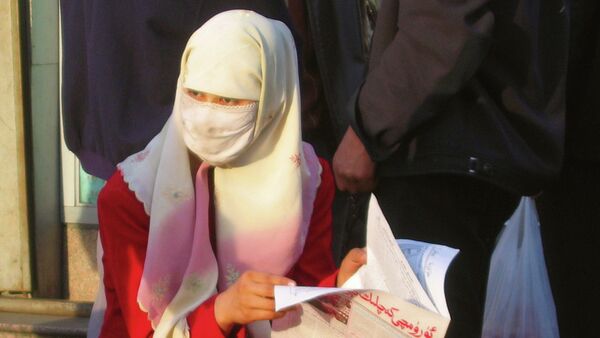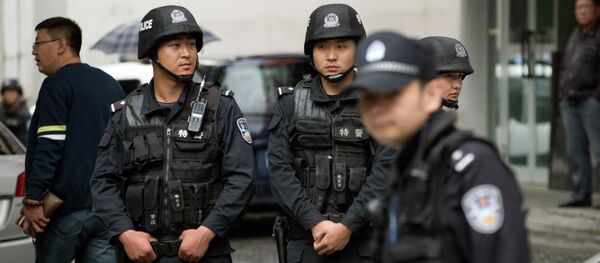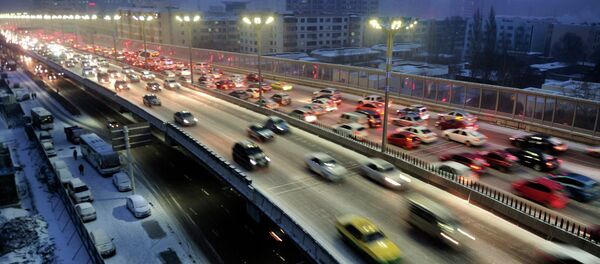"The law in the predominantly Muslim region comes as Beijing intensifies a campaign against religious extremism that it blames for the violence that has left hundreds dead in the past 20 months," the Associated Press reported.
The new regulation was passed by Urumqi legislators on Wednesday, however, before coming into force the law should be approved at the regional level.
Xinjiang authorities are trying to fight increasing Islamic extremism in the region by introducing laws banning traditional Muslim clothing. However, critics underscore that veils and beards cannot be considered an expression of extremism. They insist that the predominantly Muslim Uyghur minority has the right to exercise its religious beliefs, adding that the measures imposed on ordinary Uyghurs may trigger public anger and ignite further tensions in the region.
Hundreds have been killed in a string of terror actions in Xinjiang in the last 20 months. Islamist radicals had attacked governmental security forces as well as peaceful civilians in the region. The Chinese authorities have accused foreign-backed Muslim extremists, particularly the East Turkestan Islamic Movement (ETIM), a radical Islamist organization.




